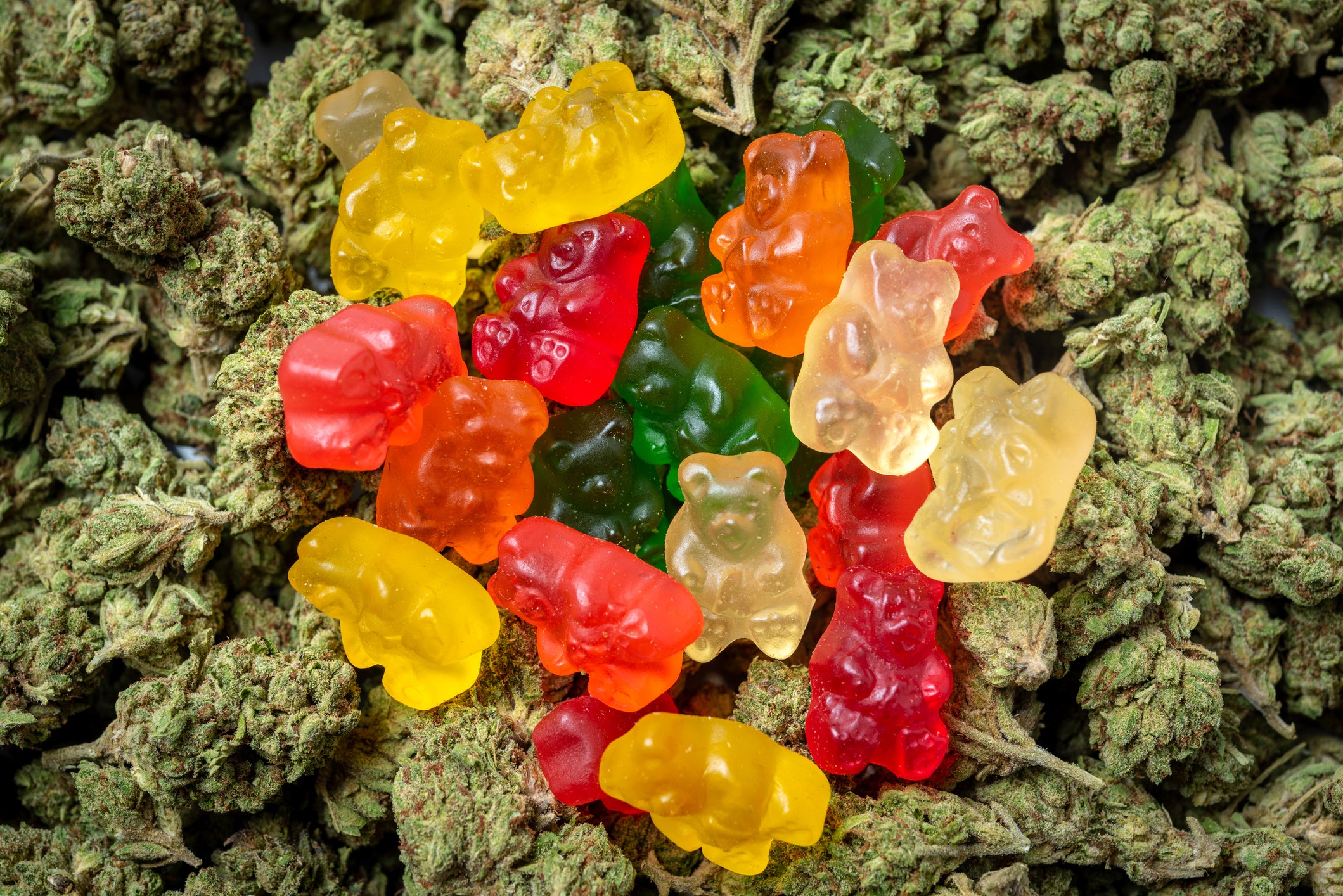Dogs are getting increasingly high on local walks thanks to edibles left lying around
California has seen animal poisoning calls jump by 276 per cent since cannabis was legalised in 2016

Your support helps us to tell the story
From reproductive rights to climate change to Big Tech, The Independent is on the ground when the story is developing. Whether it's investigating the financials of Elon Musk's pro-Trump PAC or producing our latest documentary, 'The A Word', which shines a light on the American women fighting for reproductive rights, we know how important it is to parse out the facts from the messaging.
At such a critical moment in US history, we need reporters on the ground. Your donation allows us to keep sending journalists to speak to both sides of the story.
The Independent is trusted by Americans across the entire political spectrum. And unlike many other quality news outlets, we choose not to lock Americans out of our reporting and analysis with paywalls. We believe quality journalism should be available to everyone, paid for by those who can afford it.
Your support makes all the difference.Dogs are getting ill more often from edibles they find on walks, as an increasing number of states across the US legalise cannabis, according to a leading animal charity.
The American Society for the Prevention of Cruelty to Animals says that calls to its poison hotline suggest that marijuana toxicity in dogs has increased with the number of states where it can be legally sold.
Most of those calls are from cannabis edibles found at the owner’s home, but an increasing number are from drugs found on walks in the “wild”, according to The Los Angeles Times.
Between Between 2017 and 2020, the number of national calls for canine cannabis consumption rose from 1,436 to 3,923 cases, said Tina Wismer, senior director of the ASPCA Poison Control Center.
Officials say that those figures are likely just a fraction of the real number of marijuana poisonings of pets across the country.
California legalised recreational marijuana in November 2016, and in the four years that followed animal poisoning call numbers increased by 276 per cent.
In Colorado, which legalised it in 2012, poisoning calls are 11 times higher than they were before.
Edibles are a threat to dogs because they are designed for significantly heavier human consumers.
“If you ask any of our emergency room veterinarians, they would all say that the number of cannabis-intoxicated dogs has increased by leaps and bounds since legalisation of medical and then recreational marijuana for humans,” Karl Jandrey, a professor of veterinary sciences at UC Davis told the newspaper.
“Avoidance is the only prevention,” added Mr Jandrey. “Dogs get into many things outside and inside the house.”
Ms Wismer, who is also a veterinarian, said telltale signs of marijuana toxicity in dogs include unsteadiness on their feet, depression, dilated eyes, dribbling urine, sensitivity to touch and sound, slow heart rate and even low body temperature.
And symptoms usually begin to show 20 to 40 minutes after the animal’s exposure to the drug.
Recreational use of cannabis is legal in 18 states and Washington DC, and another 13 states have decriminalised it.
Join our commenting forum
Join thought-provoking conversations, follow other Independent readers and see their replies
Comments